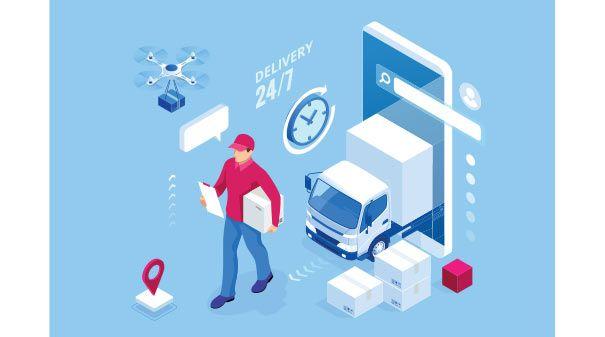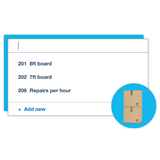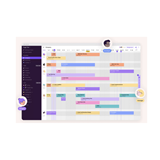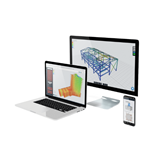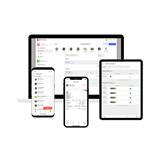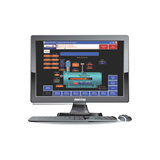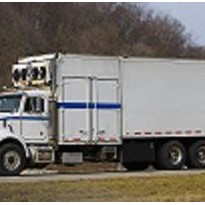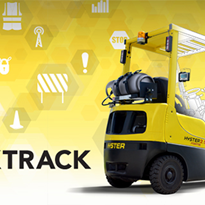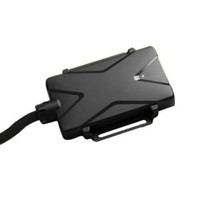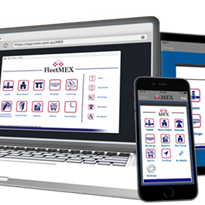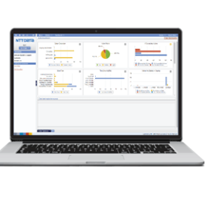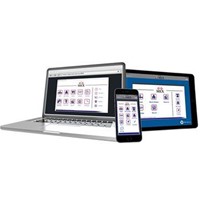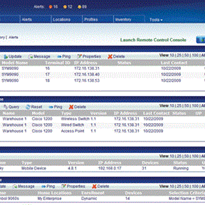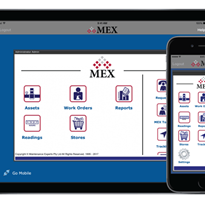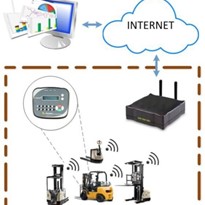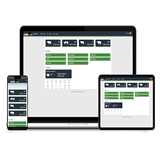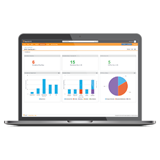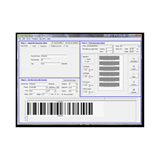Fleet management is no easy task, as it involves monitoring and managing, vehicle maintenance, overall operations, and expenses. That is why you need a comprehensive fleet management system to grant better visibility across the fleet – you know exactly how your fleet is performing.
How to choose the best fleet management software for your business?
Spreadsheets and outdated software are no longer sufficient to manage your fleet – they are full of errors, require more downtime, and create gaps in communication. Fleet management software not only collects fleet related data, but also aids in making smart decisions when it comes to vehicle inspections, tracking, maintenance, driver behaviour and so on. It helps to improve processes and manage operations in a more streamlined manner. Here are some features you should look out for in a fleet management software:
Convenience
Fleet managers are usually wary of using advanced software, as they feel it might be too complex. But fleet management software is intuitive, and comes with a host of features, which can be used customize it as per your business requirements. However, you might require a bit of guidance in the beginning, so make sure the software vendor has a strong support team, along with training resources to deal with any issues that could crop up. Quality fleet management software also provides live support and educational resources to help you set up.
Calculating Expenses
Earlier, fleet managers would have to invest hours and even days, to compute numbers and find out the total cost of ownership and associated expenses. But fleet management software offers comprehensive expansive reporting and budget tracking, so you can take a detailed look into expenditures like fuel and maintenance, while also helping to identify areas of overspending. You can evaluate trends and make informed decisions that improve expense management.
Ease of Integration
Even if fleets aren’t using a fleet management system, they operate using some form of technology. IoT devices and fuel cards can help to manage fleets, while providing lots of data to track and analyse. But these tools are more useful when combined with fleet management software – all the data is consolidated in one place, so you pull up whatever information you need at the touch of a button.
GPS Tracking
As a fleet manager, you need to keep track of your fleet and optimize routes, so GPS tracking is a must-have feature. Use this technology to pinpoint vehicle locations, find out which drivers are closest to a job, plan detours in case of heavy traffic, bad, weather, and accidents, create geo-fences to prevent unauthorized vehicle usage and thefts, and much more. GPS trackers should provide regular updates so you can access the relevant information as and when required.
Mobility Matters
Since your fleet is mobile, the fleet management system needs to be mobile as well. Obsolete technology and outdated paper-processes hamper communication and don’t provide a clear look at the fleet in real time. Collaboration through software and mobile apps in real time can boost fleet efficiencies. Mobile fleet management systems allow you to stay connected to drivers and maintain vehicle uptime.
Insight into Data
Humongous amounts of data without context can be overwhelming at times. But a fleet management solution helps to process and interpret data, and then make it actionable. It provides robust reporting capabilities so you can analyse and improve your fleet. With the aid of a user-friendly dashboard, you can view and sort the data as per your requirements. Data can include hours each driver has put in, which drivers have exhibited troubling behaviour, how many jobs were delayed, and so on. For instance, if you know which drivers are regularly failing to meet deadlines or driving aggressively, you can use the data to create training modules to correct their flaws. The system allows flexible, configurable reporting so you can get the most out of your data.
Adaptability
All fleets are different and range considerably in size. Whether you have 10 vehicles or 1000 assets, the fleet management software should be scalable and cater to the fleet’s specific requirements.
Measuring Performance
Here too data plays a crucial role. Tracking the history of your fleet’s performance helps to pinpoint patterns and trends when it comes to vehicles and assets. Keep tabs via real time performance metrics such as fuel trends, asset utilization, and service history, to understand which areas need your attention, and take smart decisions for the future of your fleet.
Automate Processes
Fleet managers have to cope with busy schedules, so no one has the time to enter and analyse data manually. But a top-notch fleet management software helps to automate processes and data compilation. Everyday operations such as inspections and preventive maintenance can be automated to streamline fleet management, while fleet data is collected in real time, so there is no need for manual data entry.
Get a detailed and complete view of your fleet’s performance with an advanced fleet management software. To put it in a nutshell, it helps to locate vehicles in real time, reduce fuel costs by keeping tabs on idle time, improve driver behaviour to prevent accidents and get jobs done faster, and stay on top of maintenance schedules.


